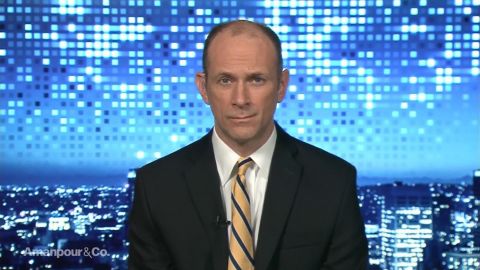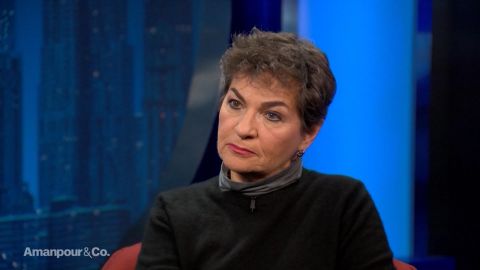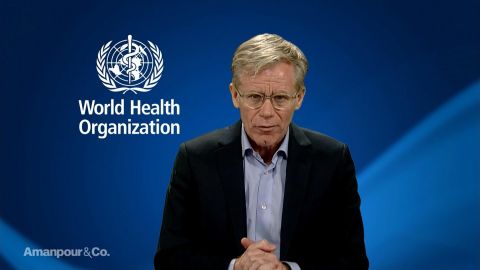Read Transcript EXPAND
DR. BRUCE AYLWARD, ASSISTANT-DIRECTOR GENERAL, W.H.O: Well, the challenge always with something like this is, you have got to make big decisions based on very little information. We don’t understand everything about this virus. And people keep saying, we don’t know this, we don’t that. Yes, but we do know how to stop it. And we do know that it increases exponentially. So, you have to make a decision about what this virus will do if it’s left uncontrolled. And that requires courage, actually. And this requires telling your populations, getting out in front and telling your populations, here’s where we are today and why we’re doing this. Here’s where it could go next, in which case we will do Y. And that way, you help bring the population with you. There’s going to be surprises, yes, still along the way, but this is not a virus that you want to wait for those surprises with.
CHRISTIANE AMANPOUR: Do you buy the criticism that people label China’s reaction, once it got out ahead of the initial denial and punishing those who were actually blowing the whistle in Wuhan, do you by the assessment that it was heavy-handed, that it comes at the expense of people’s liberties, essentially?
AYLWARD: If I can make two comments here first, Christiane, and first is the one I keep hearing about, China did this and China did that at the very beginning of this. There were — or we have reports that there were bureaucrats that blocked this, blocked that. But China, as a nation, did not step in and block reporting, block this, block that. And often, as you know, there may be an interpretation of things as you go down a system like China’s that gets harsher and harsher. And what the president has already said is, there have been shortcomings, we have got to go back and look at every piece of this to make sure this doesn’t happen again. So, there’s a recognition already in China that there are things that they can do better as they go forward. So that’s, I think, important to recognize. But the second one is, what struck me the most, when people often ask about China, one was the virus that you could control, a respiratory virus like this, but the other thing that struck me was the hundreds and hundreds of people I spoke to in markets, on planes, and trains, and streets, and hotels. What we heard again and again and again was just this common sense of, fear of this virus and what it could do to their population, and especially their older population. They were worried about that, and a tremendous sense of responsibility and a fear that they could fail and their personal and collective need to stop this thing and protect the world. I heard this again and again from average Chinese, average docs and nurses. Well, they weren’t average. I thought they were heroes. But we kept hearing this message, not from the top, from the government. I was hearing this from the average people. And I want to make sure, Christiane, that, in all the coverage of this and all the way we talk about the country, we do not diminish the work of people, just everyday heroes, in the response in China. They’re very, very human people.
About This Episode EXPAND
Austan Goolsbee explains how coronavirus is affecting the global economy. World Health Organization expert Dr. Bruce Aylward provides more information on the outbreak. Christiana Figueres, the architect of the 2015 Paris Agreement, sits down with Sheelah Kolhatkar to discuss long term solutions to the climate crisis.
LEARN MORE


